If you’ve researched buying a tiny house you know prices are usually listed as a “starting price,” just like new cars are. Why? Because a tiny house is too personal for a one-size-fits-all option to work.
So builders offer options to match a customer’s budget or lifestyle. Someone doing a lot of outdoor work might want a washer and dryer to quickly clean soiled clothes. A foodie might want a bigger fridge than the average person.
But how much do these options cost? It’s key information not just for someone planning to buy a tiny house, but for anyone planning to build one. The amount that tiny house companies charge for extras will give you an idea of how much time or materials costs will have to go into building something similar for your home.
I took a look at a few different tiny house builders to see what they charge for various customization options.
My main source was Tumbleweed Tiny House Company. Their web site features a customization page where you can go through all their available options and price out a home to your specifications. Obviously not everything is optional—you can’t choose “no roof” or something—but many features are. Plus, their page explains what’s standard in their homes, which start at $60,000.
I went through their customizer and noted all of the different options. For comparison, I also investigated customization options from Jamaica Cottage Shop, which is more of a standard cabin company rather than a tiny house on wheels builder.
Taken together, they give you an idea of what each of those little extras will cost you, whether you buy or build yourself.
Exterior Siding and Trim
Tumbleweed’s home have clapboard cedar siding. “Cedar is light weight, resistant to bugs and fares well in all climates,” they say. Sealing or painting is no extra charge.
Porch
For homes that come with a porch, Tumbleweed offers to build front steps for $200 extra. For another model an insulated mud room is an option, for $1,300. Gives you a good sense for what an extra insulated area of your home will cost in time/materials.
Exterior Windows
Tumbleweed homes have Wen premium dual-pane awning windows, with cranks to open and close them. This is standard on all their homes.
Jamaica Cottage Company offers optional additional windows. On their Xylia cottage, a 16″x21″ hinged window is $105 extra, up to a 4’x2′ window for $242.
Exterior Doors
A painted door and the door hardware is standard. On their Elm model Tumbleweed offers an optional side door for $1,550. An extra door like this would add time, materials, and complexity to the framing process. Doors aren’t free, either. Tumbleweed offers a custom-designed screen door as a $400 add-on—obviously, you could easily get a cheaper screen door at Home Depot and install it yourself if you didn’t care about aesthetics.
Jamaica Cottage Shop charges $433 extra for a double door to their Vermont Cottage Kit.
Roof
Tumbleweed homes come standard with a metal roof. Metal’s best for tiny houses on wheels, since it’s so lightweight compared to other roofing materials, and won’t shear off on the highway like shingles might. On their Elm and Cypress models, Tumbleweed offers additional dormers for $3,400 each.
Tumbleweed will also add Velux 21″ x 26″ fixed skylights at $800 each. These skylights cost about $200 at Home Depot. That extra $600 gives you an idea of the extra labor involved with adding one to a roof (of course, Tumbleweed is surely adding a much-deserved markup into the price, they have to make a living, too!)
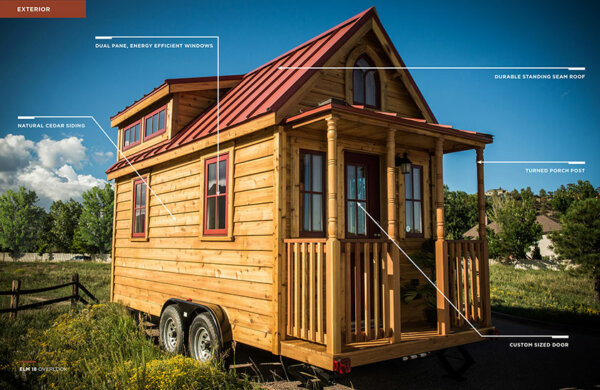
Jamaica Cottage Shop, which specializes in cabins rather than tiny homes on trailers, does offer a red-cedar-shingle option. The prices are $1,127.57 for an 8×8 cabin, up to $2.751.40 for an 8×20 cabin. Very precise prices! And a good look into just how costly red cedar shingles are.
Interior Boards and Doors
Tumbleweed interior doors are standard. A sliding door, which slides flush inside the interior wall, is $600 extra. A pocket door is $300 extra.
Interior Finishing
Tumbleweed’s standard interior siding is pine, tongue and groove, untreated boards. They will finish with birch plywood boards, for a more modern look, for $2000 extra. Tumbleweed recommends sealing or, better yet, staining the interior boards, to better protect against the rigors of highway travel. Sealing is $2,700, staining $4,500.
Tumbleweed homes also come with insulation. Not every tiny house does. Jamaica Cottage Shop, which sells kits and fully-built tiny houses, makes insulation an additional option. It costs $8,432 extra in their Vermont Cottage. This should give you a sense for how much you’re going to spend on insulation if you build on your own.
Interior Flooring
The price of the flooring Tumbleweed uses must not vary that much. Walnut, oak, and bamboo are all offered at the standard price.
Interior Lighting
Lighting sconces and an overhead chandelier are standard in Tumbleweed homes. Options are a ceiling fan ($150), track lighting ($200), and an LED lighting package ($250). Tumbleweed says the LED lights they use will last 20,000 hours. That’s 27 months.
Interior Storage
Storage is critical. Tumbleweed offers a storage loft and a closet as standard part of their houses. They’ll build in a 3-foot-high bookcase for $350, or a six-foot-high bookcase for $450.
Other Interior Extras
You don’t pay extra for light switches and outlets in a Tumbleweed house. But you can upgrade to data/tv outlets or outlet/usb charger combos. Tumbleweed charges $50 each for either. They also offer a built-in media center (with a built-in slot for your TV) for $800. Other extras, which are available depending on the model: Desk ($350), bookshelf by des ($350), desk/daybed ($350), couch/bench ($350). The materials costs here aren’t substantial, instead it’s the time involved with building these items into the frame of the house.
Kitchen: Counters
Tumbleweed houses come standard with butcher block countertops. You can make these countertops walnut for $300, or stainless steel for $500. Tumbleweed will replace the standard topmount stainless steel sink with a farm sink for $600. They will build in a collapsable drop-leaf table to give you a little extra counter space for $500.
Kitchen: Stove
A two-burner cooktop is standard in Tumbleweed homes. They’ll outfit the stove for either electrical or propane power (more on this later). You can get a four-burner stove and over—electrical or propane—for $800 extra.
Kitchen: Refrigerator
The standard option in Tumbleweed homes is an electric stainless steel EdgeStar 3.1 cu. ft. undercounter fridge/freezer ($239.99 on Amazon). Their other options:
- Electric Avanti 7.4 Cu. Ft. apartment-style compact refrigerator, $500
- Danby 9.2 cu-ft Bottom Freezer/Refrigerator, $550
From what I can tell Tumbleweed offers these at pretty close to cost. The Avanti sells for $415.98 on Amazon, the Danby is $554.41 at Home Depot.
Kitchen: Storage
Oak pull-out cabinets are standard in Tumbleweed homes. Tumbleweed offers darker-toned more modern-looking cabinets for $2000 extra. You can also get toe-kick drawers for the floor-level drawers for $250 each.
Upper shelving is standard, you can make that shelving walnut instead of pine for $100 extra. If you want upper cabinets, it’s $350 extra.
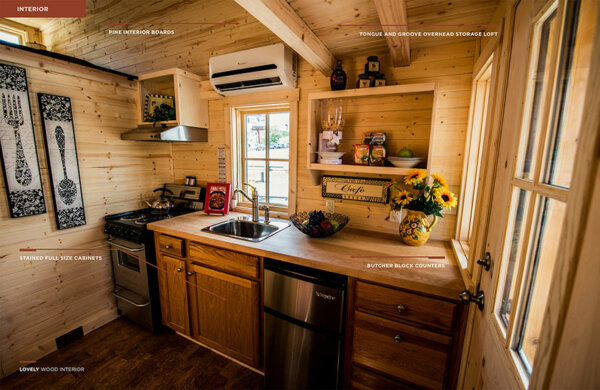
Bathroom: Washing
A full shower, with Moen hardware, a hand sink with mirror, and a bathroom fan are all standard in Tumbleweed homes. A sink with vanity is $400 extra.
Bathroom: Toilet
A Thetford Aqua Magic® Style II low flow RV toilet (about $150 on Amazon) is standard. Tumbleweed will install a Nature’s Head Composting Toilet for $1000, which is also pretty close to cost. A small bathroom mirror is standard; upgrade to a medicine cabinet for $150.
Jamaica Cottage Company offers an optional Envirolet Santerra X10 Composting Toilet for $2,215, which is close to cost.
Sleeping
A loft big enough for a queen bed is standard. Your choices are how you want to get up to the loft, and whether you want built-in storage up there. A ladder to your loft is standard, stairs will cost $1,000. Stairs with built-in storage are $2,500. I’ve never built stairs but these prices indicate to me that doing so is a lot of work.
Cabinets in the dormer are $700, while a custom loft storage cubby is $450.
Utilities
Tumbleweed’s standard model uses electric power. They will outfit your home with a package they call “Propane / electric light energy” for $2,500, or, for $3,000, their “Propane / electric extra energy” package. In the two latter packages propane is used for heating and cooking. The difference between the two packages is in how powerful the electricity is. Homeowners who plan to, say, stream movies all night, may want the extra wattage.
Jamaica Cottage Shop offers a solar package with some of their cabins and kits. For their large 12×24 Xylia cottage, the cost is $5,840.
Plumbing
A Suburban 10 gallon water heater (around $400 retail) is standard, along with a 26 gallon water tank. Options include a propane tankless water heater ($1100). A washer/dryer is not standard in a Tumbleweed home. They offer a Splendide 2100XC washer/dryer combo with a 15-pound load capacity for $1,500, or an LG washer/dryer combo with 19-pound capacity for $2,300.
All told, these custom options can add as much as $20,000 to the purchase price of both Tumbleweed and Jamaica Cottage Company homes. Building on your own, you’ll want to factor these in as either time costs (in the case of elaborate built-in cabinetry) or fixed costs (for appliances).




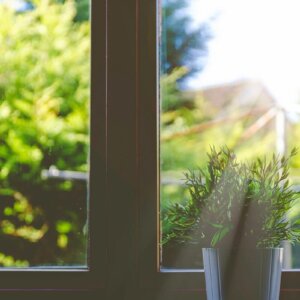

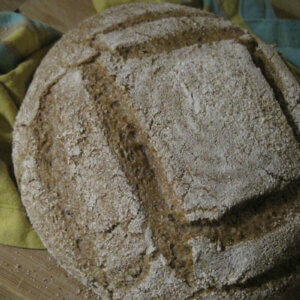
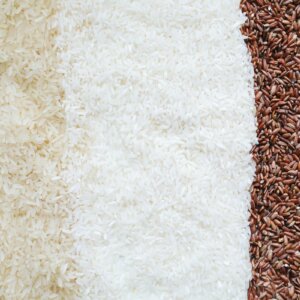

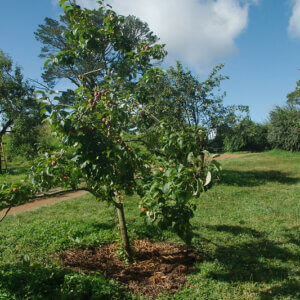
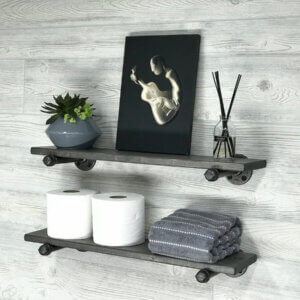

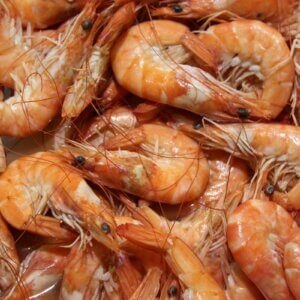
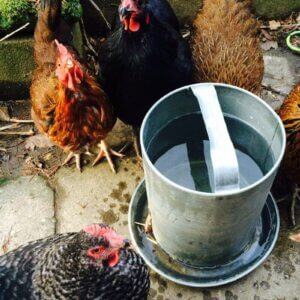
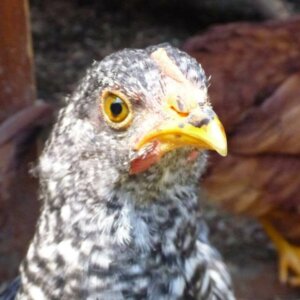
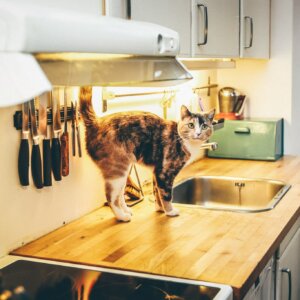

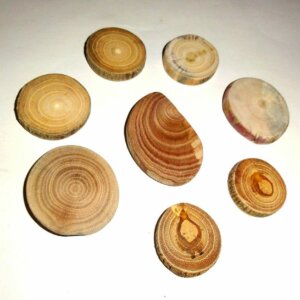



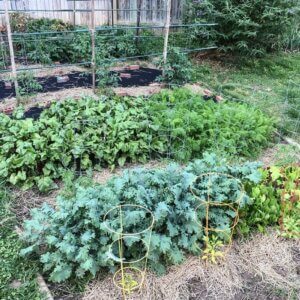
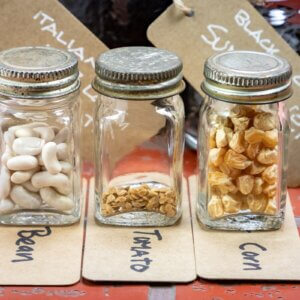
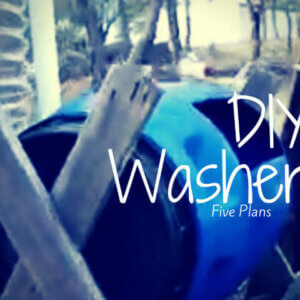



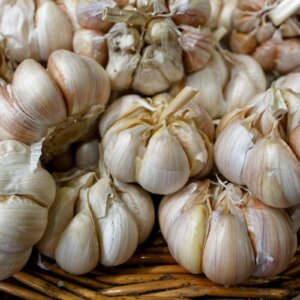
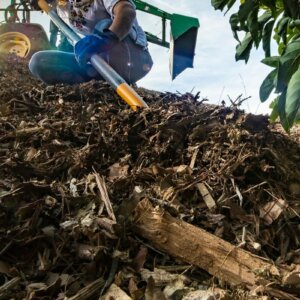



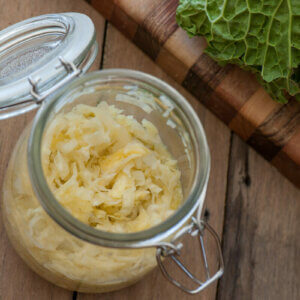
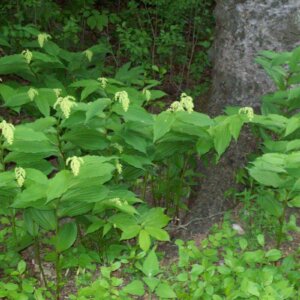


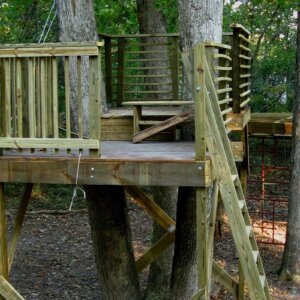



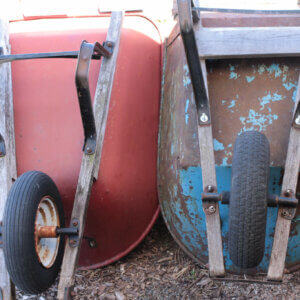

Leave a Reply